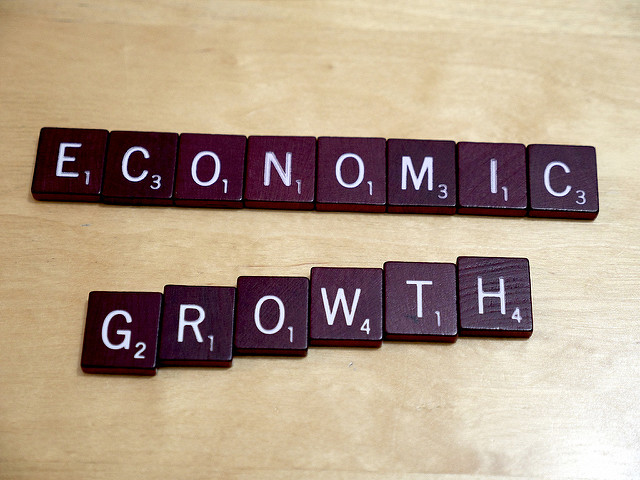
The Bureau of Labor Statistics last week announced a disappointing May Jobs Report that is indicative of the sluggish U.S. economy. In all, just 38,000 jobs were added in May while the labor force participation rate declined by 0.2 percentage points to 62.6 percent.
GDP growth has hovered around two percent the past few years, far lower than is needed for the economy to get back on track. According to the Congressional Budget Office every 0.1 percent of higher economic growth equates to $286 billion in extra federal revenue, meaning an increase to just three percent growth would have noticeable economic benefits and would help resolve the government’s overspending problem. This also demonstrates that lawmakers should focus on policies that ensure strong economic growth rather than tax increases.
Currently, American businesses are being strangled by a tax system that makes it harder for them to grow, invest in new employees and equipment, or compete against foreign competitors. Given our absurdly complex and out-of-date tax code, the poor economic growth and low number of jobs of the past few years should not be surprising.
One problem is that the U.S. has the highest business tax rates in the developed world. At a combined state/federal average of 39.1 percent, our corporations pay more than higher rates than they would in any other country. Similarly, businesses organized as pass-throughs pay a rate approaching 50 percent. Not only do these high rates unnecessarily burden workers and business owners, they put iconic American companies and innovative start-ups at an disadvantage with the rest of the world.
The average corporate tax rate in the developed world is just 25 percent and direct competitors like Canada (with a rate of 26.3 percent), the United Kingdom (20 percent), and Ireland (12.5 percent), have rates that are two or three times lower than ours. Clearly, there is a need to reduce our extremely high business tax rates.
In addition, the U.S. is just one of six developed countries that subject their businesses to worldwide taxation – meaning income is taxed once by the country where it was earned and again when it is brought back to the country where the business is headquartered in.
Other countries have been pro-actively reducing their rates and updating their systems to compete in the global economy and steal U.S. jobs and innovation. In contrast, the U.S. tax system has remained almost unchanged since the Tax Reform Act of 1986 was passed three decades ago. This burdensome system is leading to American businesses exploring moving overseas through an inversion or leaving them as ripe targets for foreign acquisition.
These inequities mean American companies simply can’t compete with the rest of the world. President Obama has continually refused to act, instead deriding the need for competitive tax policies as a “race to the bottom.” Given the poor results of the May jobs report, the outcomes of this misguided refusal are clear to see.

